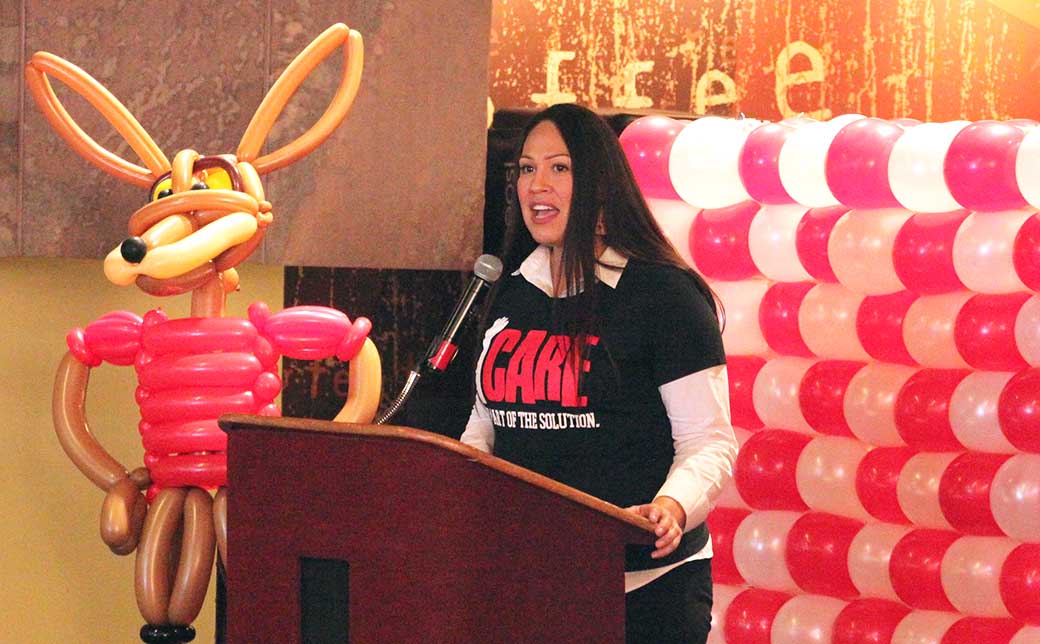
Editorial: ICARE team tactful, listening to student input, working on sustainability
ICARE, the $300,000 grant to prevent and respond to sexual assault on campus, was introduced to students and staff last Thursday. Though long awaited, ICARE has done well in its implementation.
In October of 2016, USD was awarded the grant by the Department of Justice’s Office of Violence Against Women to address sexual assault on campus.
While USD was slowly working on implementing the grant, reports of a sexual assault involving four USD students sparked a campus wide discussion about sexual assault. This event sparked an outcry for action surrounding sexual assault, including several letters to the editor.
After news of that sexual assault had broken, the university took a reactive approach to addressing sexual assault on campus by hosting a town hall instead of taking a proactive approach to furthering education about awareness and good bystander behavior.
Marisa Cummings, ICARE project coordinator, said in a previous interview with The Volante that the strategic planning process took time and that it felt like she was “sitting on her hands” while she had to wait for the strategic plan’s approval.
“It appears that we’re now doing something in reaction to the incident when in reality it was all already planned out, so I hope it doesn’t deter anyone from their feelings about participating in the grant or make anyone have a bad taste in their mouth,” she said. “This isn’t a reaction to the incident that happened, it’s a reaction to all the incidents that have happened and that could potentially happen.”
A panel was held at the beginning of the semester to address questions people had about the ICARE program. This panel demonstrates that the people who are involved in ICARE, and the administration in general, see the need to prevent sexual assault and educate students on consent.
After seeing how ICARE has adapted to student concerns, it’s clear that the university is serious about the issue and including students as part of the solution, and people like Cummings are taking student input to heart.
“I’m meeting one-on-one with students, and that’s a way that we can make sure we are intersectional, that we’re hitting all of those areas as well as different student organizations that are diverse student organizations and making sure that we have someone from everywhere engaged in this process,” Cummings said.
With the reveal last Thursday, there is evident momentum and enthusiasm behind ICARE. Candidates for SGA president and vice president, Marcus Ireland and Caleb Munce, as well as Josh Sorbe and Madison Green, posted on their campaign Facebook pages expressing their enthusiasm and support for ICARE. However this upcoming SGA election turns out, there will be an administration supporting the program.
What started out in doubt has come back in full confidence and vigor. ICARE and its team ought to be commended and applauded for the work they’ve done, especially because so many of the subcommittee members are volunteering their time to make sure the programs and trainings are executed with tact and with a victim-centered approach.
But for ICARE to make an effort to reach out to students and seriously consider student input is particularly noteworthy. Especially since the project was already underway, making adjustments just months before the release was great to see. It’s imperative for students to have to a voice. The ICARE team recognized the need, and made the necessary changes.
Not to suggest the work is done. This is only phase two of the plan. But, with the input of student voices, phase three is looking to be a sustainable success. Credit ought to be given to the ICARE team for taking student concerns seriously and hosting a successful launch.
